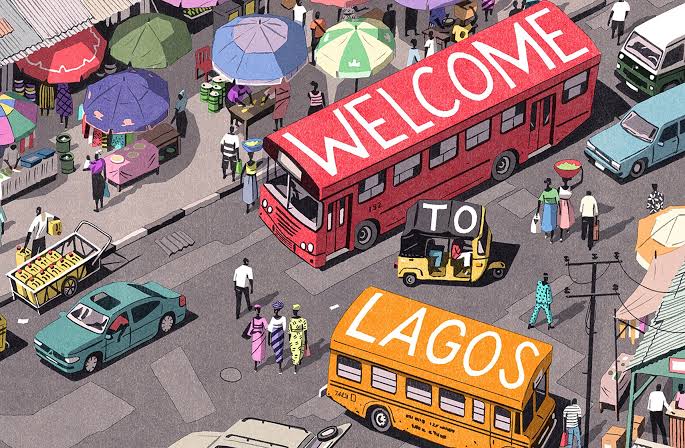The way these places in Lagos got their names will make you laugh.
Lagos is known for naming streets and places quite descriptively and also having an interesting backstory.
Do you know how they came up with their names? Here are the meanings of some places in Lagos.
1. Apongbon
The colonial governor of Lagos, William McCoskry had a red beard but his name was difficult for the Yorubas to pronounce, so they began referring to him as “a red-bearded man” or “Oyinbo to pon ni agbon” (Apon l’agbon), which is Yoruba for “a man with a red beard.” Later, it changed to Apongbon.
2. Magodo
Magodo is now a neighbourhood for the rich and middle class, but it was once considered a holy and consecrated ground. One of the many taboos observed by the locals was “Ma gun odo,” which translates to “Don’t pound,” which prohibited the use of mortars and pestles.
3. Agidingbi
When the British invaded Lagos in 1885, they came with a cannon and it generated a very loud roar that could be heard across Lagos streets. “A gidi n gbinnn” was how the sound was described by the people, that is how the name Agidingbi came to be.
4. Ojota
Ojota is a popular bus stop in Lagos, but here’s how it got its name. In the late 18th century, Ojota served as a military outpost where they practised shooting drills, because of the numerous gunfire they heard, the place came to be known as “Oju Ota” which means “Bullet Spots” in Yoruba. Later, it was changed to Ojota.
5. Abule Egba
One of the principles of land law is the first settlers own the land. The early settlers in an area outside Lagos were the Egba people from Abeokuta. So, they gave this area of Lagos its name. First known as “Abule awon egba” (literally, “Village of Egba People”) in Yoruba now it has been shortened to Abule Egba.



